Bruce Hood has been Professor of Social Developmental Psychology at the University of Bristol, UK, since 1999. He obtained his PhD in neuroscience from the University of Cambridge and subsequently taught at University College London (UCL), Massachusetts Institute of Technology (MIT) and Harvard University.
He studies child development, self-identity, and self-control. In the last five years, he has focused on how people can become happier. He has written five popular science books that have been published in more than thirty countries, and his most recent book is The Science of Happiness: Seven Lessons for Living Well.
According to Professor Bruce Hood, the problem is not the outside world but that we have not learned how to change our perception of ourselves to become happier. In the book “The Roots of Happiness”, Bruce Hood points out that most young children are self-centered, also known as egocentric. Their minds have almost no room for regrets about the past or worries about the future.
As they grow up and enter the competitive world of exams, relationships, social media and work, they find themselves no longer the center of attention. They have to learn to fit in with others who are also vying for status and recognition.
However, we can still be stuck in our own self-centered world, which makes us focus on our own problems and exaggerate everything. We don’t think that other people have their own problems, or if they do, their problems are not as big as ours. But if we keep our ego at the center, that self-centeredness risks distorting our perspective and leading us to unhappiness.
“If we want to be happier, we ourselves must undergo a fundamental shift in our perception of our own lives,” says Bruce Hood. “We must abandon the idea of a self-centered universe surrounded by others, that is, we need to recognize our place and how we relate to each other.”
But the problem is that we sometimes make happiness a goal outside of ourselves. We constantly compare ourselves to others, dream of a prosperous future, or worry about things beyond our control. These things take us away from the present moment—where true happiness happens.
Social isolation is also a factor in our unhappiness. Nowadays, with the development of technology and social networks, it is very easy to connect with people all over the world. However, there is increasing evidence that technology is making people less happy.
A 2017 study from the University of Pittsburgh found that the more time young people spent on social media, the more isolated they were. Another study of more than 1,000 Chinese college students found that the lonelier people were, the more likely they were to rely on social media for connection, but this made them feel lonelier over time.
“We are now at a turning point in human development, where modern lifestyles and digital innovations are shaping how we behave and the world we choose to live in. More and more of us are choosing to live in denser cities, but paradoxically, we are becoming more isolated,” Bruce Hood observed.
As a scientific researcher, Professor Bruce Hood has always wanted to decode happiness based on the power of data and evidence to make convincing conclusions about how to have a happy life. Through four decades of research in neuroscience and developmental psychology, he asserts that happiness is a state that can be trained.
In his book “The Roots of Happiness”, Bruce Hood not only helps readers understand the roots of what makes us unhappy but also provides methods to make us happier through the seven lessons he has summarized. He applied these lessons to students in the pilot course “The Science of Happiness” at the University of Bristol. The results of the happiness measurement data on the students all showed a significant increase in positive scores: 10 - 15% within ten weeks of the course. “The best way to happiness is to be less selfish and live more for others”, Bruce Hood concluded.
With a combination of scientific data and humanistic messages, “The Origin of Happiness” offers a completely new perspective on the origin of happiness.
Source: https://baophapluat.vn/goc-nhin-khoa-hoc-ve-hanh-phuc.html















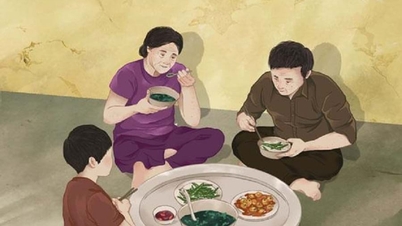


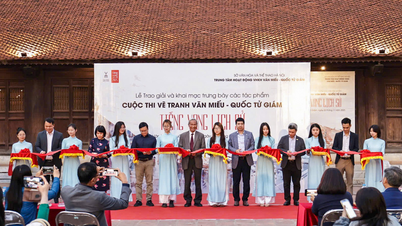





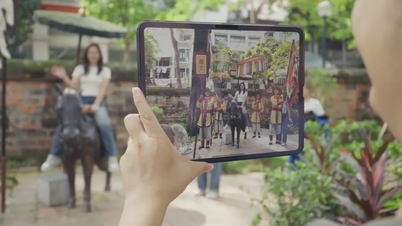






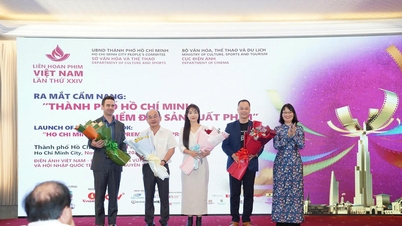

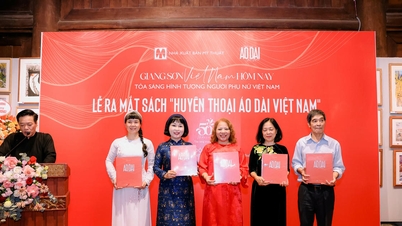


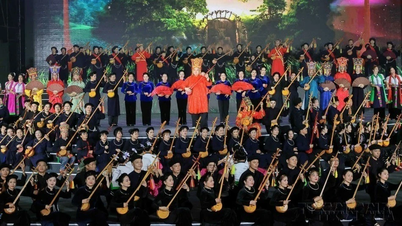





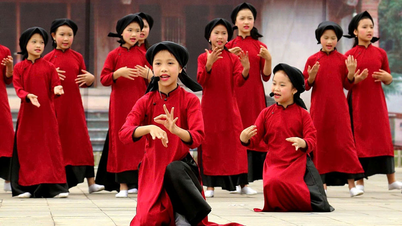
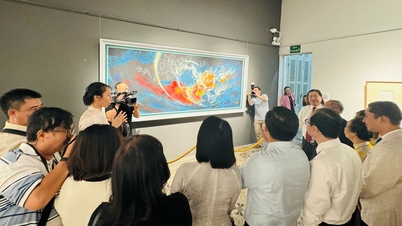

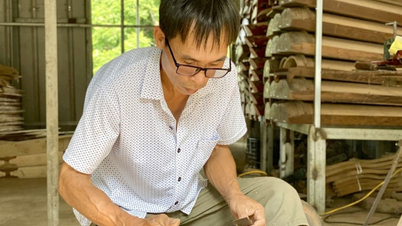

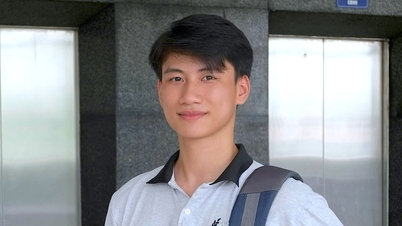





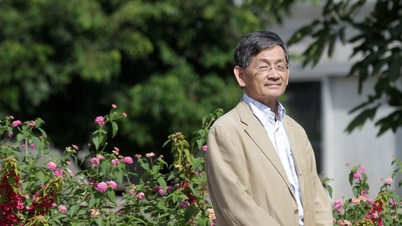

















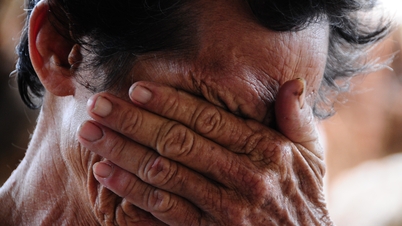

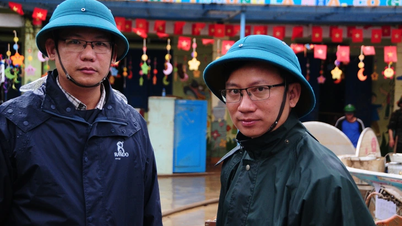


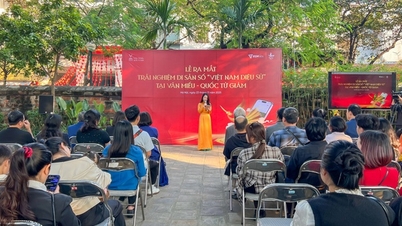

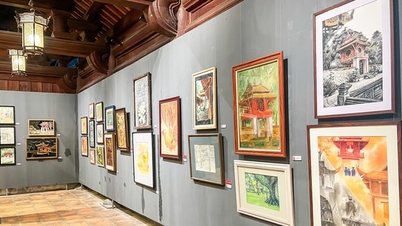

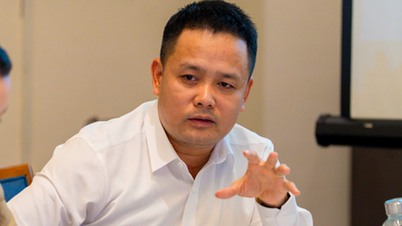
























Comment (0)